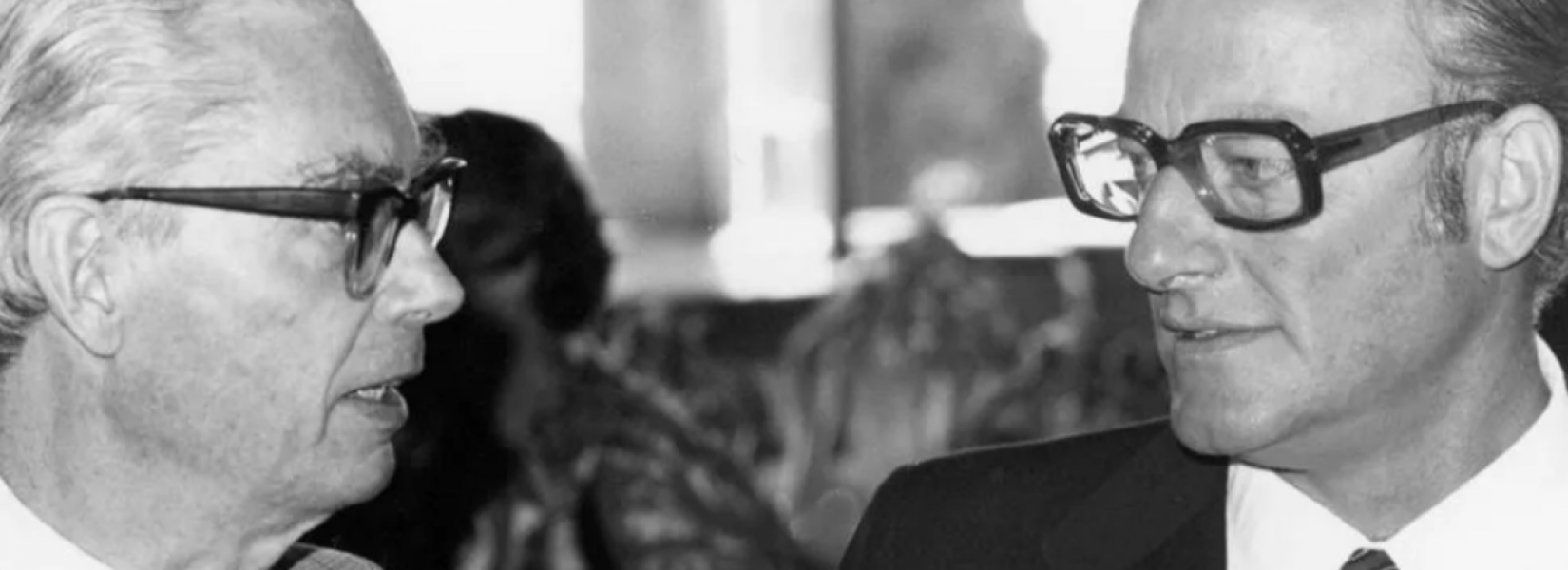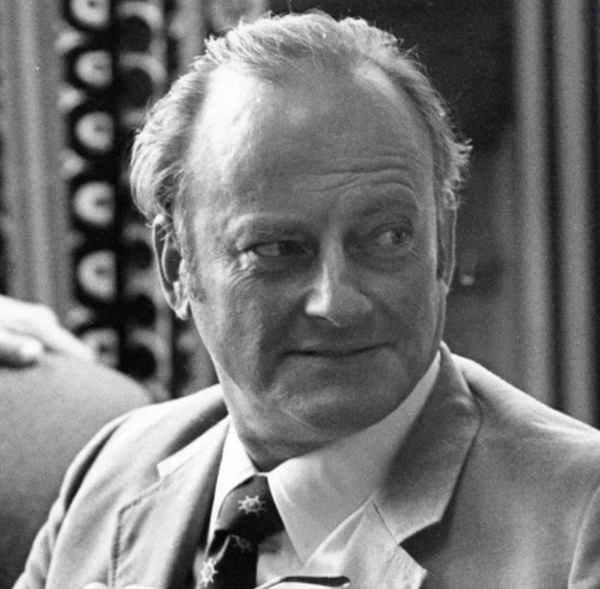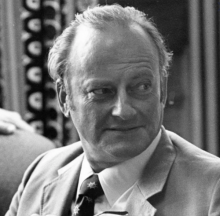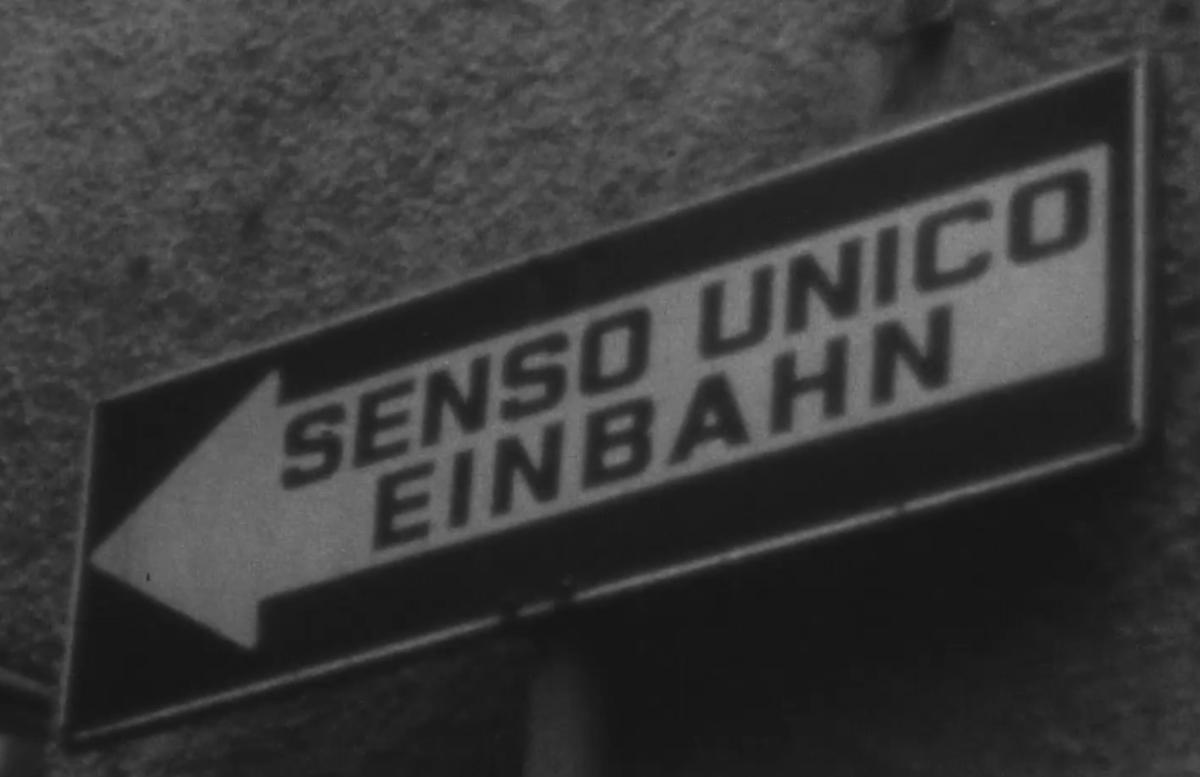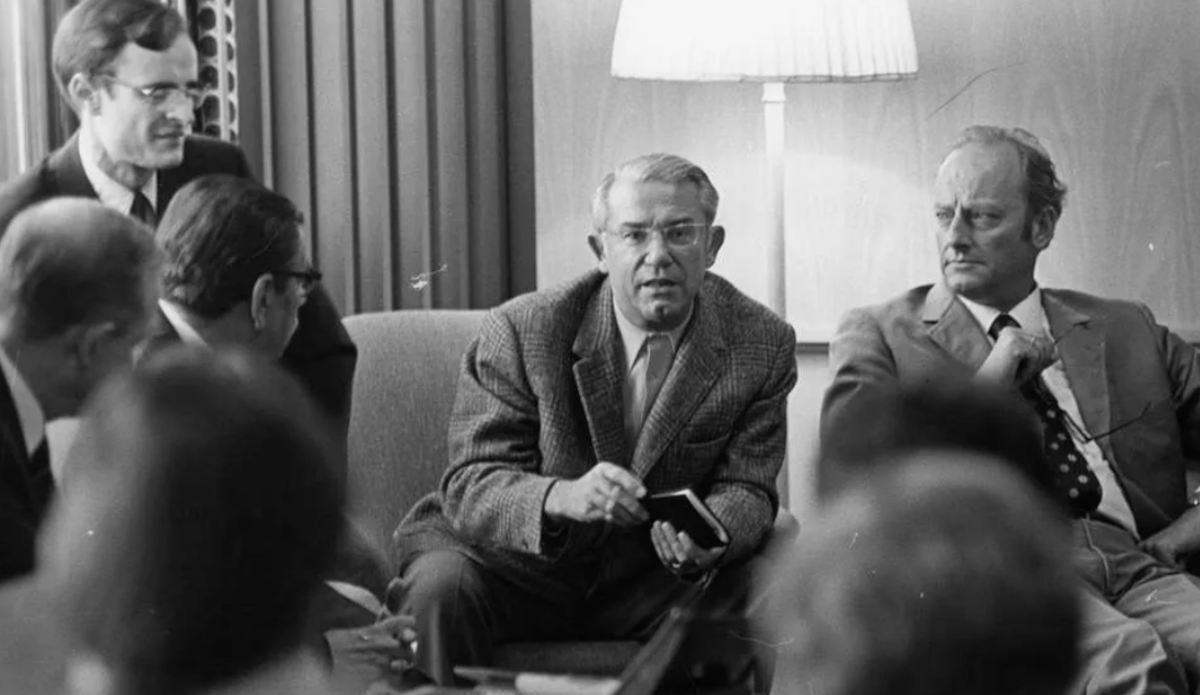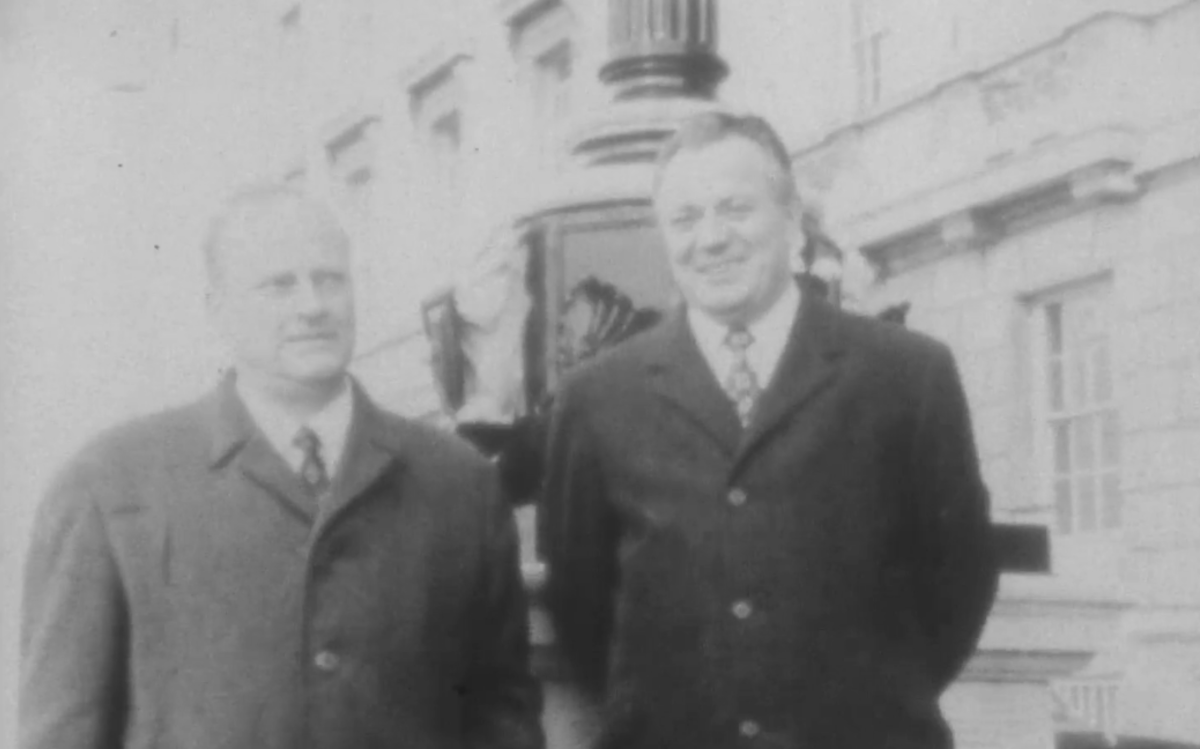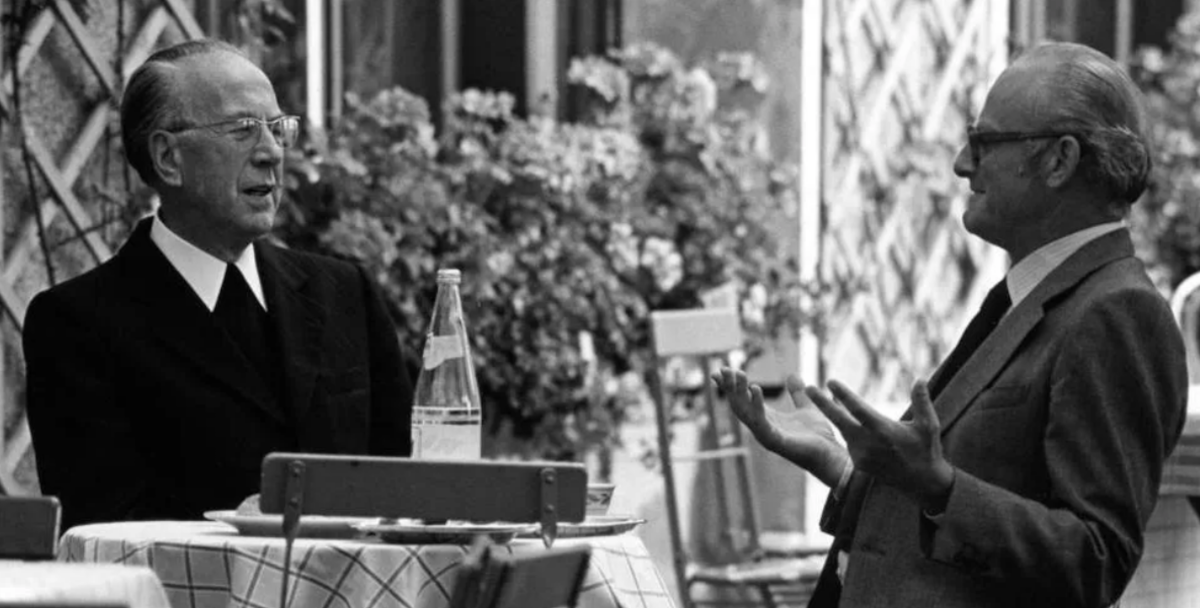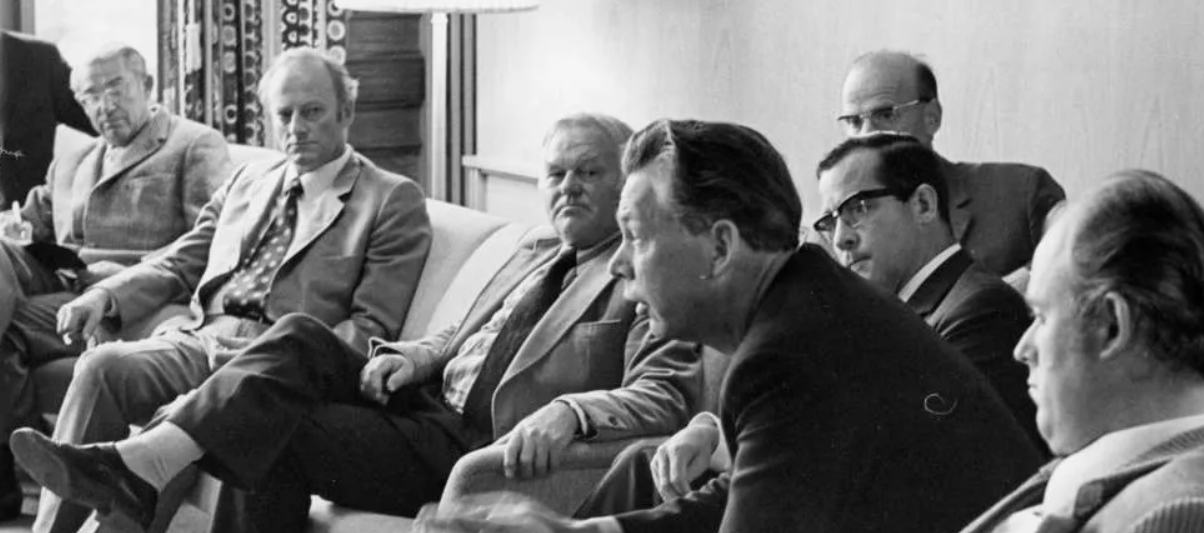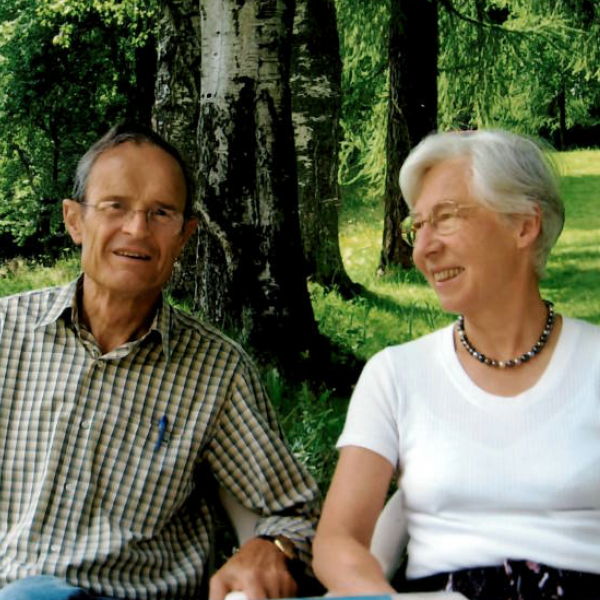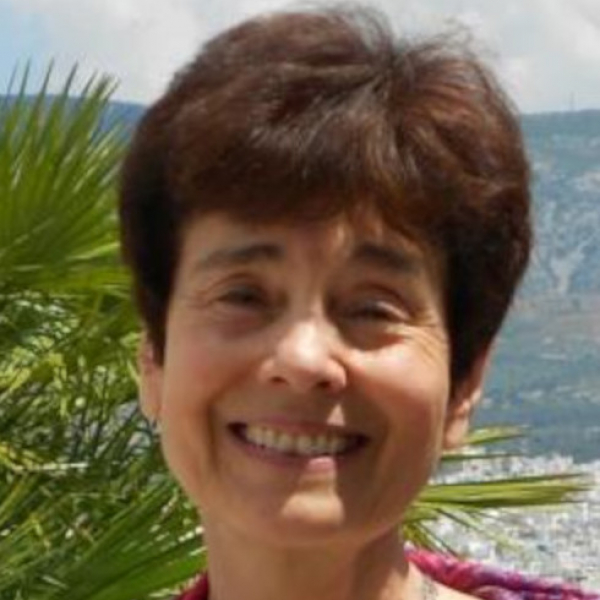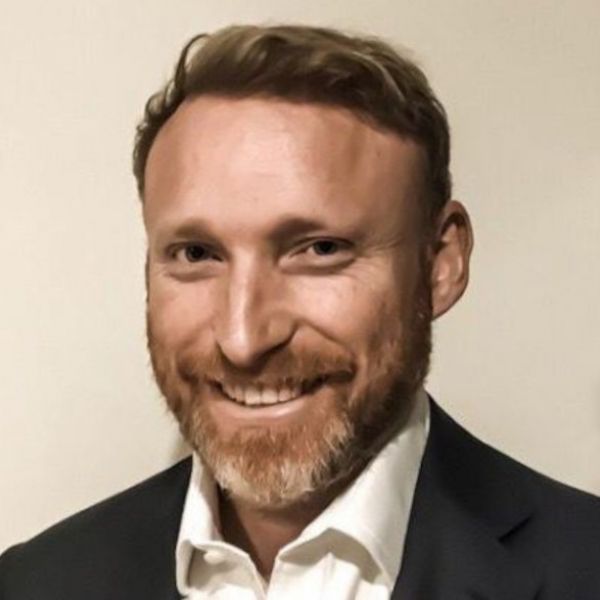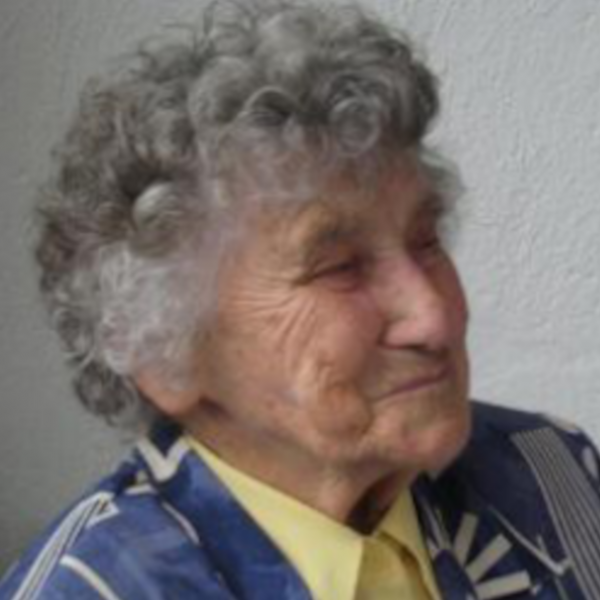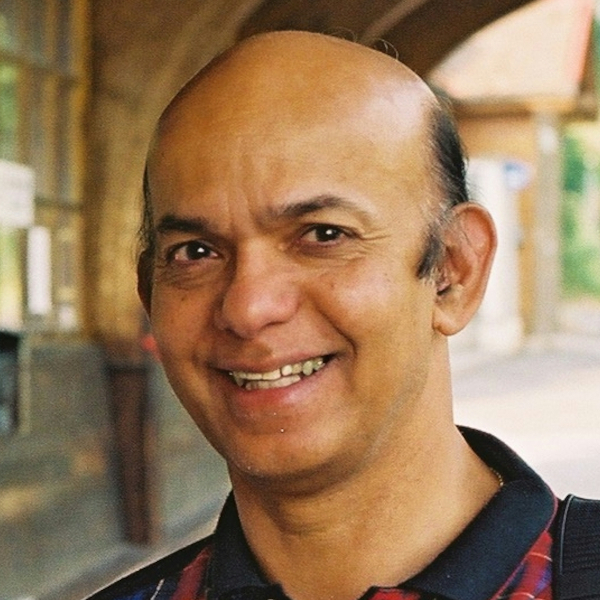
1970: Karl Mitterdorfer – ‘Violence is not a solution’
By Mary Lean
23/06/2021
Part of Caux’s magic is the chance it offers for people from conflict areas around the world to learn from each other. In the summer of 1970, meetings took place between groups from Northern Ireland and South Tyrol, a German-speaking province of Italy where communal tensions had erupted into violence in the 1960s. As their own conflict escalated, the Northern Irish were keen to learn from South Tyrol’s journey towards reconciliation.
The unrest in South Tyrol had begun in 1919, when the region was given to Italy after the break-up of the Austro-Hungarian empire. It intensified under Italian Fascism. Although a UN resolution in 1946 agreed that the province should be given regional autonomy, this had not been implemented.
In 1961 German-speaking secessionists blew up 37 electricity pylons, cutting off power supplies to the province’s industrial area, and by the end of the decade the unrest had cost 21 lives.
During 1968, at the invitation of Heini Karrer, one of the Swiss responsible for the conference centre in Caux, two groups of German- and Italian-speaking politicians visited Caux. There they met people from even more difficult situations than their own. As Karl Mitterdorfer, MP for South Tyrol in the Italian parliament, explained, they realized ‘that in solving our problems effectively, we could become an example for all those in the world who have to come to grips with problems infinitely more complex than ours’.
In solving our problems effectively, we could become an example for all those in the world who have to come to grips with problems infinitely more complex than ours.
During their time in Caux something shifted in the politicians’ relationships, which affected the atmosphere back home. That November Mitterdorfer’s party, which represented the German-speaking community, agreed the Italian government’s proposals for a solution. The Frankfurter Allgemeine Zeitung wrote, ‘Since the summer no more blood has been shed. It appears as if a turbulent period of 10 years has come to an end.’
The meetings in Caux in the summer of 1970 were the result of a visit to Northern Ireland earlier that year by Mitterdorfer and a colleague from his party, Peter Brugger. They spoke at a public meeting attended by government and opposition politicians, Catholic and Protestant clergy, and people who had been on opposite sides of the barricades.
‘Violence is not a solution,’ Mitterdorfer said. ‘In our case, violence sparked counter-violence and led to a fatal spiral. By themselves, even the best laws cannot resolve the problems. A new spirit is needed.’
Mitterdorfer and Brugger had not seen eye to eye on policy and their bitter clashes had threatened to split the party. Mitterdorfer told his audience how at Caux he had realized that he was jealous of colleagues who he saw as more successful and able than himself.
‘After long consideration and some prevarication, I apologized to Senator Brugger. I would not like to overestimate such personal steps as this one. But I know that it introduced a new dimension into our relationship. It may have contributed to keeping the unity of our party, which is indispensable for our relations with the Italian government.’
It took 32 years of further negotiations and legislation before the agreement was finally implemented in 1992. ‘Thirty-two years of negotiations for a 70-year old conflict!’ commented the Journal de Genève. ‘It is no exaggeration to talk about an “historic agreement”.’
Mitterdorfer, who as young person wanted to become a violinist not a politician, was just one of the many people who wove the tapestry of the agreement. ‘It was not a matter of renouncing our rights,’ he told the audience in Belfast, ‘but rather of growing into a responsibility that goes beyond our own interests.’
By themselves, even the best laws cannot resolve the problems. A new spirit is needed.
and Johannes Østtveit (Norway)
________________________________________________________________________________
Christine Karrer Cross (Switzerland/USA) writes:
Between 1967 and 1973, my parents and I lived in Vienna, Austria. When we arrived, my father, Heini Karrer, asked the Austrian Chancellor how he and my mother could best help the country. The Chancellor told them that the Austrian government’s biggest concern was the conflict in the South Tyrol. My shy father decided to go there, not knowing anyone. He stayed in a hotel and started meeting the leaders on both sides.
My father made at least 15 visits to South Tyrol, sometimes with my mother. On one of their visits, Karl Mitterdorfer realized that they were staying in a hotel and invited them to stay in his home whenever they came. After my father died, Mitterdorfer wrote to my mother, expressing his deep gratitude for my father’s contribution to bringing peace.
________________________________________________________________________________
Watch Karl Mitterdorfer and other Italian political leaders speak about the South Tyrol situation and his meeting in Caux with Northern Irish politician Jerry O'Neil in the film Crossroad of Nations (1971) from our archives (4"00' - 8"15')
Discover this film from our archives on the South Tyrol situation (in German only). All the protagonists visited Caux at some point.
________________________________________________________________________________
This story is part of our series 75 Years of Stories about individuals who found new direction and inspiration through Caux, one for each year from 1946 to 2021. If you know a story appropriate for this series, please do pass on your ideas by email to John Bond or Yara Zhgeib. If you would like to know more about the early years of Initiatives of Change and the conference centre in Caux please click here and visit the platform For A New World.
- Photo portrait and last in text: Danielle Maillefer
- All other photos: Initiatives of Change
- Film South Tyrol and Crossroad of Nations (1971): Initiatives of Change
